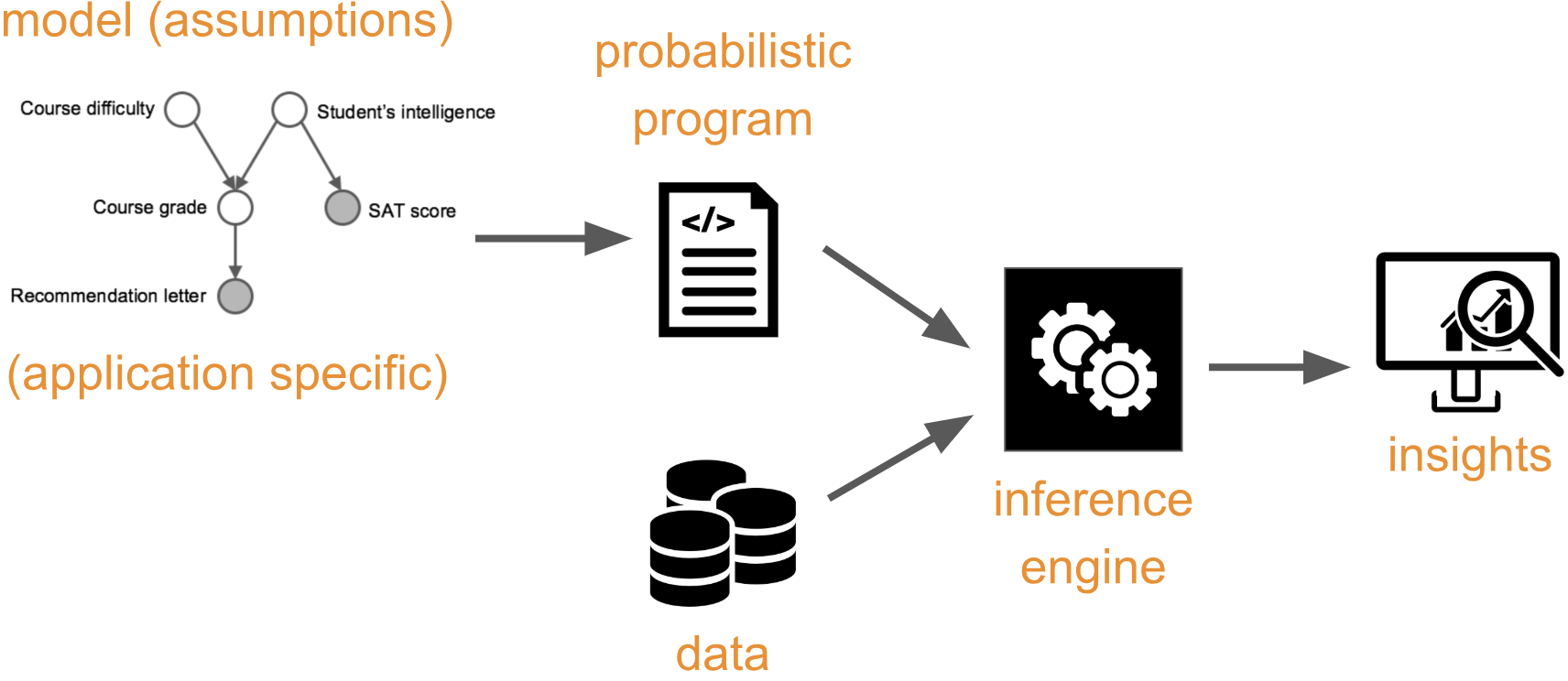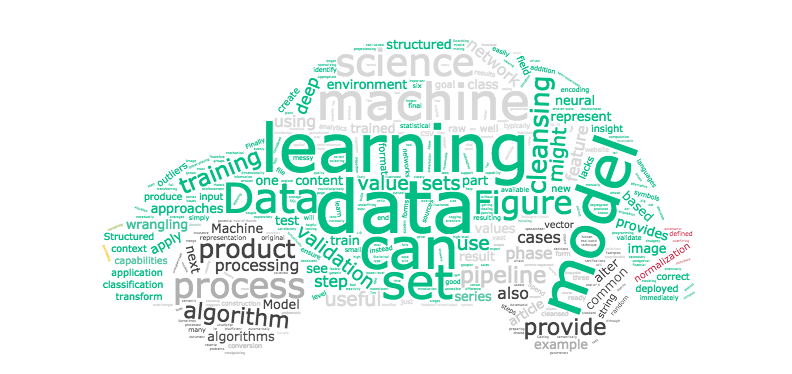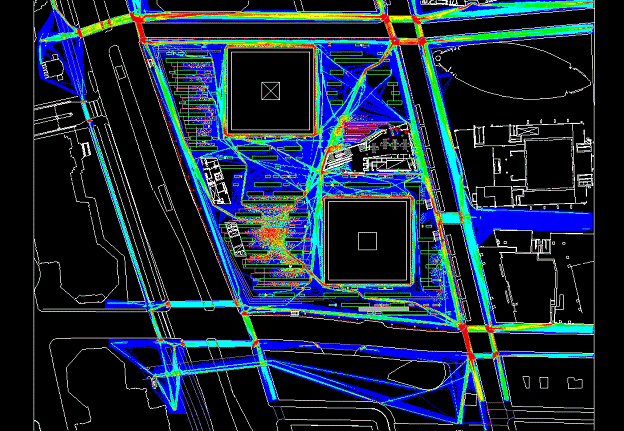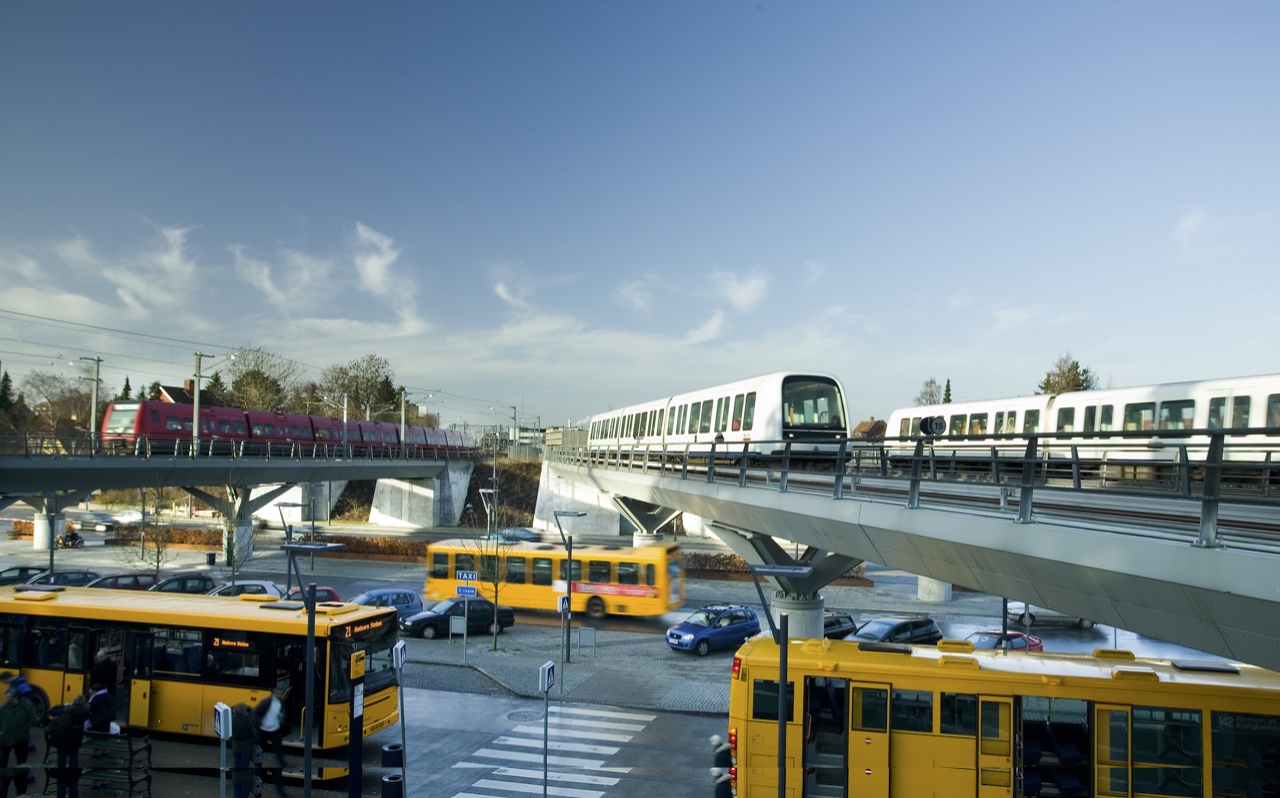Courses

Model-based Machine Learning (42186)
Model-based Machine Learning leverages the powerful framework of Probabilistic Graphical Models (PGMs) and recent developments in probabilistic programming to allow the combination of domain knowledge with data driven methods in a very simple way.
Data Science for Mobility (42184)/Introduction to Business Analytics (42577)
These courses introduce the portfolio of tasks and techniques necessary for applying Data Sciences to mobility problems or gaining insight into past business performance to guide future business planning. Both include an introduction to Python programming, data wrangling, problem formulation, and the basic suite of machine learning and spatial data processing algorithms.

Advanced Business Analytics (42578)
Business Analytics (BA) is about exploring and analysing large amounts of data to gain insight into past business performance in order to guide future business planning. The methods will be applied to various business cases with aim to demonstrate how to extract business value from data, provide data-driven decision support along with effective data management principles. In this course, advanced machine learning techniques are used so understanding of data science and machine learning basics is required as well as a good level of programming skills is expected.
Agent-based modelling and simulation (42188)
In this course we look at this interaction between agents and focus on the development of agent-based models to describe and simulate the movements of agents in different contexts. This is relevant when monitoring indicators for the environment such as air quality and emissions, monitoring consumption of electricity and water, and describing demand for transport and parking.


Transport System Analysis: Performance and Operations(42187)
Understanding how a transport system operates is at the core of this course. Students will gain knowledge on the key mathematical methods used in the representation of people’s and vehicle’s movement, the network and service performance and key strategies for control and improved efficiency of mobility systems. This course combines key methodological knowledge gains with examples applications from different dimensions of the mobility paradigm.
Leveraging Urban Mobility Disruptions to Create Better Cities
This course aims to bridge the knowledge gap between the dynamic on-the-ground reality brought on by technology innovation, academic content, and practice needed to respond systemically and more equitably to global urban challenges through new mobility disruptions.
